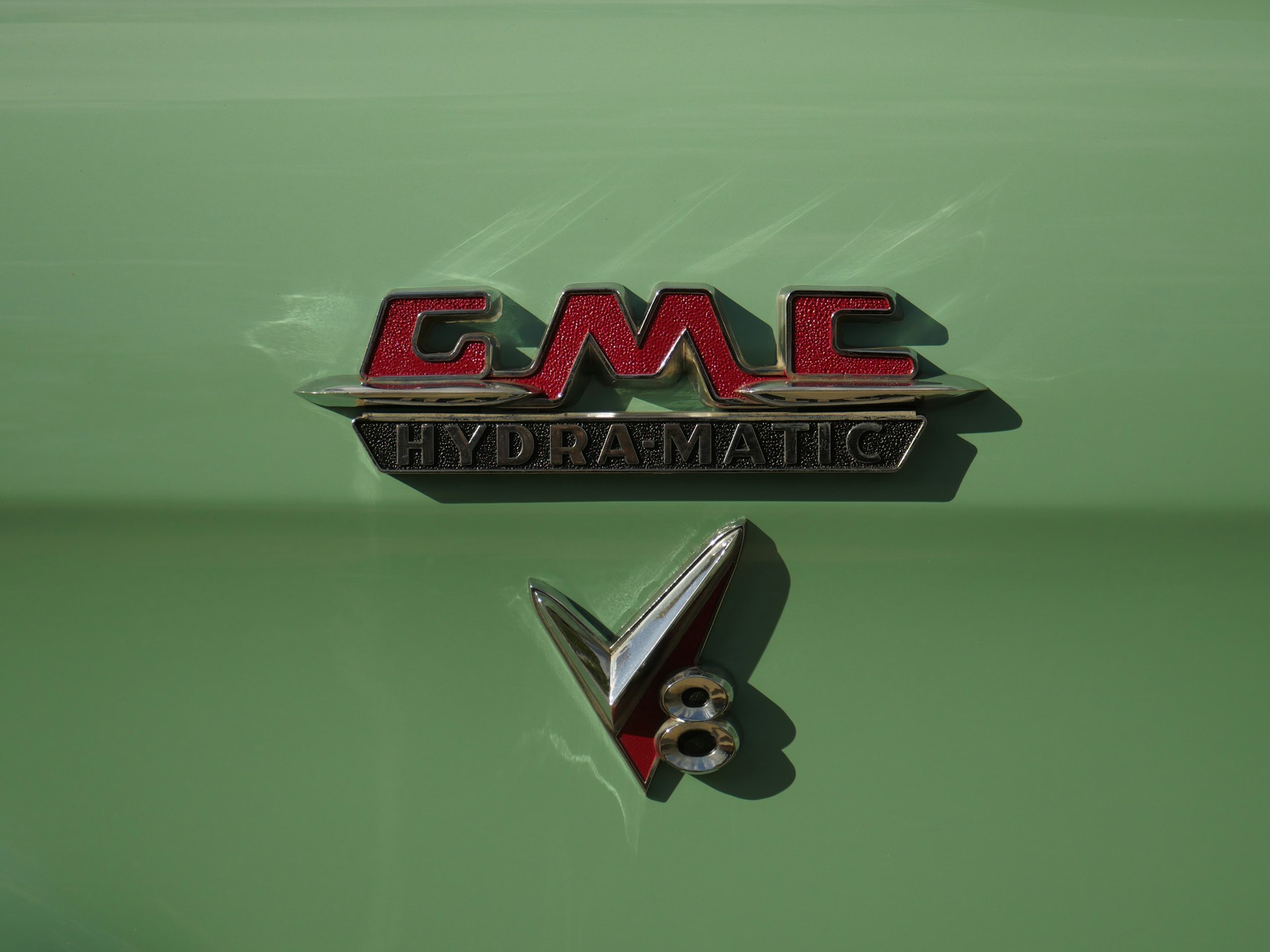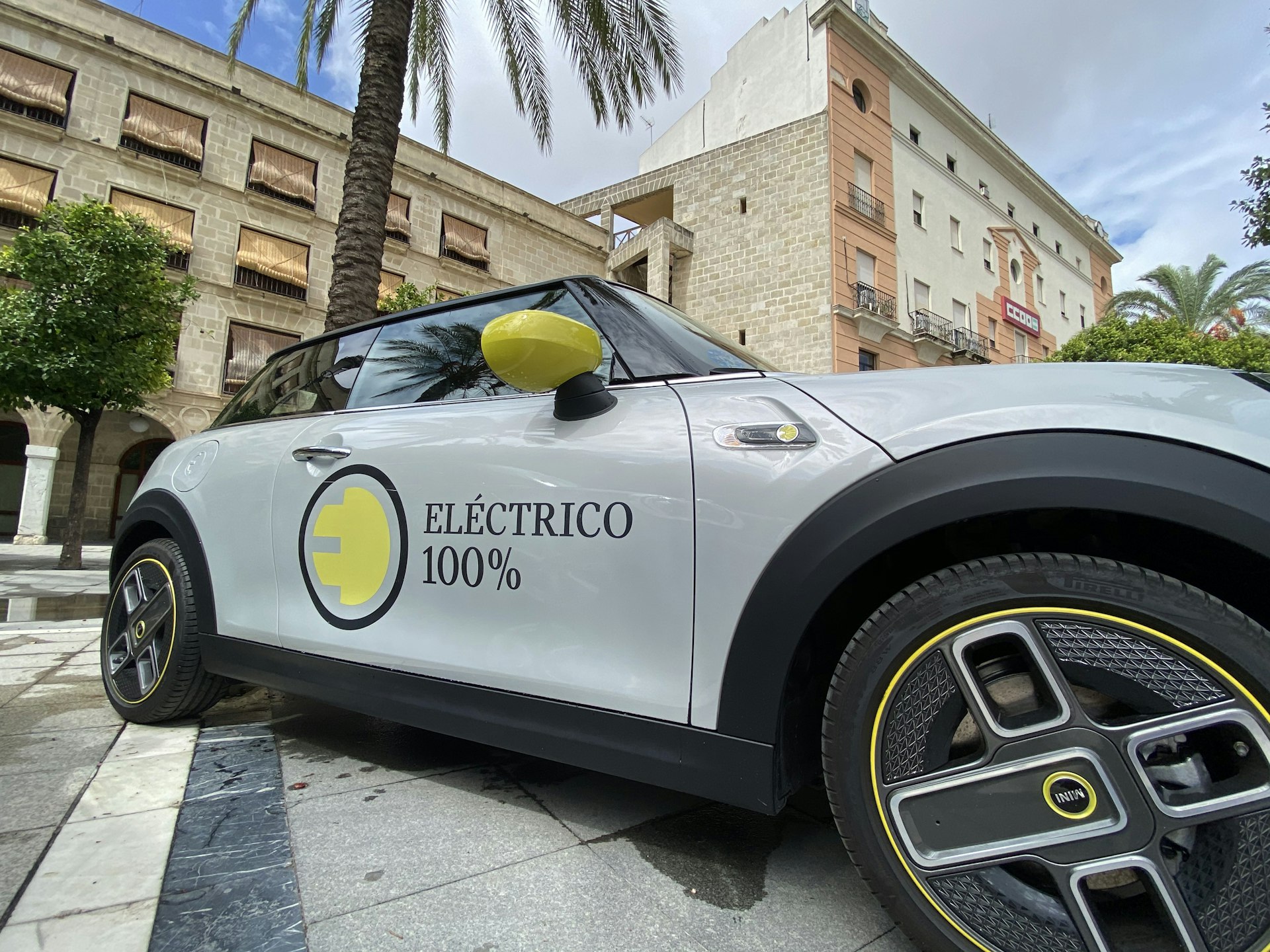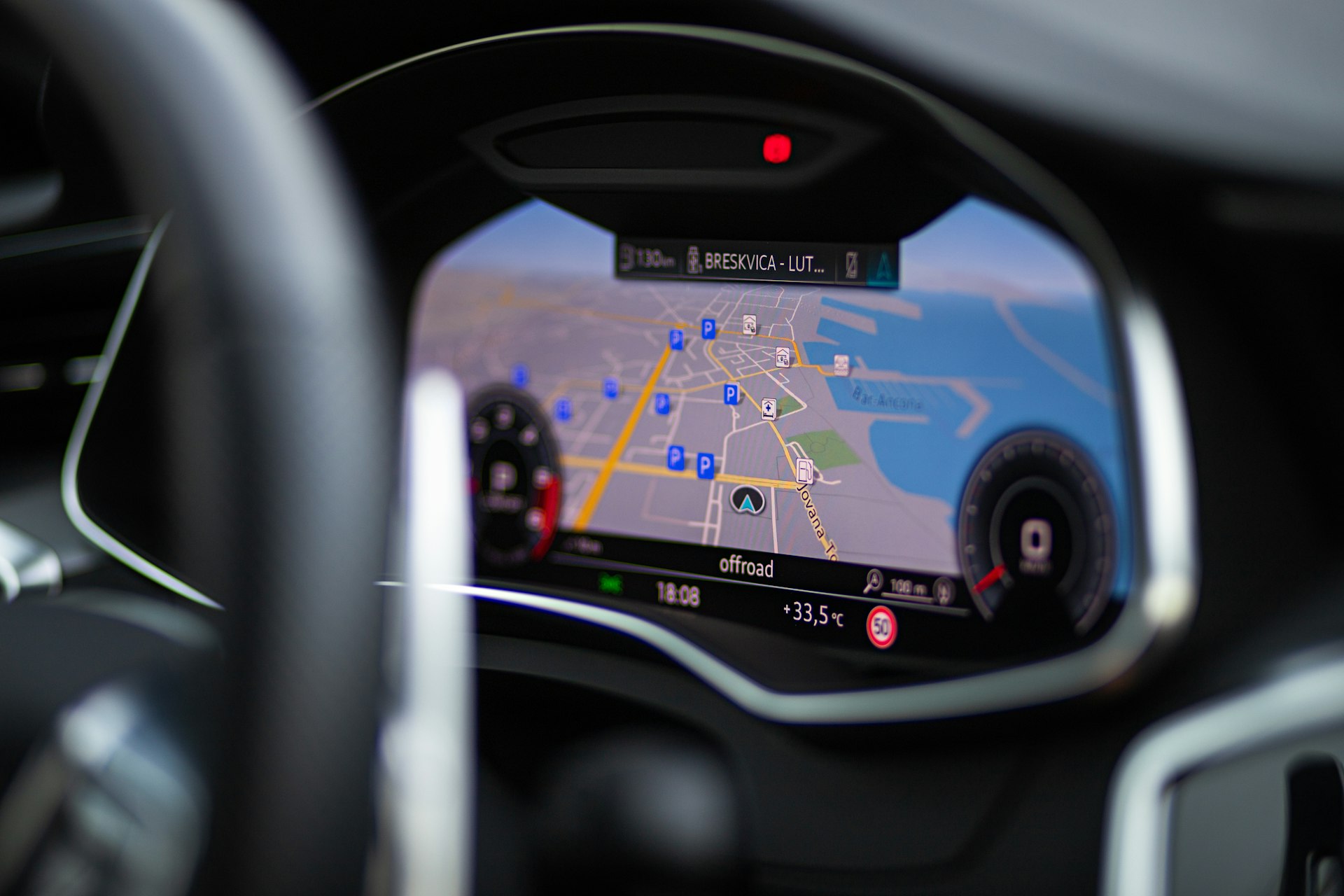How Startups Are Disrupting the Automotive Industry: Innovation, Challenges, and Opportunities

Photo by Mert Kahveci on Unsplash
The Changing Landscape of the Automotive Industry
The automotive industry is undergoing a profound transformation, driven largely by the innovative approaches and technologies introduced by startups. Unlike legacy automakers who often struggle to adapt quickly, startups bring agility, fresh perspectives, and the ability to rapidly deploy cutting-edge solutions. This shift is not only challenging established business models but also opening up new opportunities for consumers, investors, and technology providers alike. Understanding the role of startups in this disruption is essential for anyone seeking to participate in or benefit from the evolving automotive ecosystem.
Key Areas of Startup-Driven Disruption
Startups are impacting multiple facets of the automotive industry, from product development to service delivery. Their influence is evident across several technology domains and business models:
1. Electrification and Clean Technology
One of the most significant disruptions is the rapid acceleration of electric vehicles (EVs) and clean technologies. Startups are pioneering battery technologies, charging infrastructure, and sustainable manufacturing processes. Companies like
oorja
are developing solutions for electric vehicle integration and sustainable manufacturing, making it easier for both new entrants and traditional manufacturers to adopt eco-friendly practices
[1]
. The growth of EVs addresses consumer demand for cleaner transportation and aligns with global regulatory trends aimed at reducing carbon emissions
[3]
.
2. Software-Defined Vehicles and Connectivity
The shift from hardware-centric to software-defined vehicles (SDVs) is central to the ongoing disruption. Startups are leading the development of advanced driver assistance systems, over-the-air updates, and connected car platforms. These innovations enable vehicles to be continuously improved and customized after purchase, fundamentally changing the value proposition for consumers
[4]
. For example, startups like
Cleverpod
are providing cloud-based data platforms to support autonomous vehicle development and ongoing vehicle updates
[1]
.
3. Autonomous Driving and AI Integration
Artificial intelligence (AI) is at the forefront of the move toward self-driving vehicles. Startups are developing AI-powered systems for autonomous navigation, real-time data analysis, and predictive maintenance. Companies such as
Autoinsp
specialize in quality assurance and autonomous vehicle software stacks, increasing the pace of innovation in safety and performance features
[1]
. The progress in this area is evident in the rise of advanced driver assistance systems (ADAS), which are now becoming standard in many vehicles
[2]
.
4. Mobility-as-a-Service (MaaS) and New Business Models
Startups are redefining how consumers access transportation through Mobility-as-a-Service (MaaS) platforms. These services integrate public transit, ride-sharing, bike-sharing, and other mobility options into unified, app-based systems. The
Umo Mobility Platform
by Cubic Corporation is a leading example, offering seamless multimodal transportation and payment solutions. Such platforms encourage shared mobility, which challenges traditional vehicle ownership and supports sustainability goals
[3]
.
5. Advanced Manufacturing and Robotics
Startups are accelerating the adoption of advanced manufacturing techniques, including additive manufacturing (3D printing), robotics, and IoT-driven automation. For instance, companies like
PREEN
and
iyiMetal
are introducing new methods for automated assembly, quality control, and lightweight component production. These technologies not only improve efficiency and reduce costs but also enable rapid prototyping and customization
[1]
.
How to Engage with Automotive Startups: Practical Guidance
For individuals and organizations looking to access or collaborate with startups in the automotive space, several actionable steps can help you leverage these disruptive innovations:
- Research and Identify Innovators: Use reputable technology insight platforms and industry reports to discover leading startups in areas such as EV technology, AI, and MaaS. Searching industry news and subscribing to newsletters from established research firms can help you stay updated on the latest entrants and trends.
- Participate in Pilot Programs: Many startups offer pilot programs or beta testing opportunities. Engaging in these programs allows you to experience emerging technologies firsthand and provide feedback that can shape product development.
- Partner Through Incubators and Accelerators: If you represent a business, consider joining automotive innovation accelerators or incubators. These programs facilitate partnerships between startups and established industry players, offering mutual benefits such as funding, mentorship, and access to new markets.
- Invest in Startups: For investors, monitoring venture capital trends and attending startup pitch events can help identify promising companies to support. Always conduct thorough due diligence and consult with investment professionals familiar with the automotive technology landscape.
- Adopt New Mobility Solutions: As a consumer or business, you can try out Mobility-as-a-Service platforms or electric vehicle subscription models. Often, these services can be accessed by downloading the official apps or contacting providers through their official customer support channels.
- Monitor Regulatory Developments: The automotive sector is subject to evolving regulations, especially concerning safety, emissions, and data privacy. To stay compliant and maximize the benefits of new technologies, regularly consult the official websites of transportation authorities and industry associations. For U.S. programs and regulations, visit the U.S. Department of Transportation’s official site and search for automotive innovation policies.
Challenges Faced by Startups and Solutions
While startups drive much of the innovation in the automotive industry, they also encounter significant challenges. Chief among these are:
- Technological Integration: Merging new software and hardware with legacy automotive systems can be complex and resource-intensive. Many startups address this by focusing on modular solutions and open standards that facilitate easier integration [2] .
- Scaling Production: Startups often struggle to move from prototype to mass production. Strategic partnerships with established manufacturers and contract production firms can help address this challenge.
- Regulatory Compliance: Navigating global automotive regulations requires expertise and resources. To overcome this, startups typically engage legal advisors specializing in automotive law or partner with compliance consultancies.
- Access to Capital: Funding remains a perennial challenge. Startups can increase their chances by targeting investors with a proven interest in automotive technology and by applying for grants available through industry innovation programs. You can find information about such programs by searching for “automotive startup grants” on the official websites of industry associations or government innovation offices.
- Market Adoption: Educating consumers and partners about the benefits of new technologies is essential for widespread adoption. Startups often use targeted marketing campaigns, demonstration events, and partnerships with trusted brands to build credibility.
Real-World Examples of Startup-Led Disruption
Several startups have set benchmarks for innovation in the automotive sector:

Photo by Sasha Rubaniuk on Unsplash
- Cubic Corporation’s Umo Mobility Platform: This platform integrates multiple transportation services into a single application, making it easier for users to access public transit, ridesharing, and more. Its adoption in major cities illustrates the scalability of startup-driven solutions for urban mobility [3] .
- Autoinsp and AI-based Quality Assurance: By employing artificial intelligence for automated inspections and predictive maintenance, startups like Autoinsp are raising industry standards for vehicle safety and reliability [1] .
- Airnity and V2X Communication: Startups like Airnity are developing vehicle-to-everything (V2X) technology, enhancing safety, traffic management, and energy efficiency. These solutions are critical for the implementation of smart cities and connected vehicle ecosystems.
Alternative Approaches to Engaging with Automotive Innovation
If you are unable to access a specific startup or service, consider these alternative pathways:
- Consult industry directories or attend automotive trade shows, which often feature startup showcases and innovation pavilions.
- Join local or national automotive innovation groups and forums to network with entrepreneurs and technology leaders.
- Contact your regional chamber of commerce or economic development agency for information on automotive startup incubators and grant programs in your area.
- Search for academic-industry partnerships at leading universities, which may offer collaborative research and development opportunities in automotive technology.
Key Takeaways
Startups are fundamentally reshaping the automotive industry by introducing new technologies, business models, and manufacturing processes. Their agility and willingness to experiment have created a wave of disruption that is forcing legacy automakers to adapt or risk obsolescence. By staying informed, actively seeking collaboration, and being open to new mobility solutions, individuals and organizations can position themselves at the forefront of this transformation.
References
MORE FROM promospotlight.com













